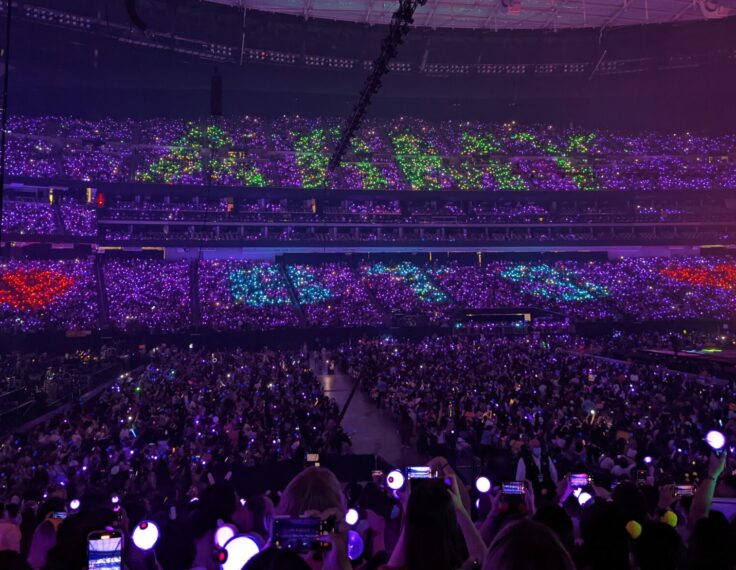
A pro-government disinformation campaign on Indonesian Papua
Dave McRae, Maria del Mar Quiroga, Daniel Russo-Batterham and Kim Doyle
This research identifies an Indonesian-language Twitter disinformation campaign posting pro-government materials on Indonesian governance in Papua, site of a protracted ethno-nationalist, pro-independence insurgency. Curiously, the campaign does not employ common disinformation tactics such as hashtag flooding or the posting of clickbait with high engagement potential, nor does it seek to build user profiles that would make the accounts posting this material appear as important participants in a debate over Papua’s status.

Where conspiracy theories flourish: A study of YouTube comments and Bill Gates conspiracy theories
Lan Ha, Timothy Graham and Joanne Gray
We studied YouTube comments posted to Covid-19 news videos featuring Bill Gates and found they were dominated by conspiracy theories. Our results suggest the platform’s comments feature operates as a relatively unmoderated social media space where conspiracy theories circulate unchecked. We outline steps that YouTube can take now to improve its approach to moderating misinformation.

Community-based strategies for combating misinformation: Learning from a popular culture fandom
Jin Ha Lee, Nicole Santero, Arpita Bhattacharya, Emma May and Emma S. Spiro
Through the lens of one of the fastest-growing international fandoms, this study explores everyday misinformation in the context of networked online environments. Findings show that fans experience a range of misinformation, similar to what we see in other political, health, or crisis contexts.

Mis- and disinformation studies are too big to fail: Six suggestions for the field’s future
Chico Q. Camargo and Felix M. Simon
Who are mis-/disinformation studies for? What agenda does the field serve? How can it be improved? While the increase in the attention towards the topic in the last years is healthy, it has also led to an explosion of papers in all directions, and the field has been subject to various criticisms and attacks.

Research note: This salesperson does not exist: How tactics from political influence operations on social media are deployed for commercial lead generation
Josh A. Goldstein and Renée DiResta
Researchers of foreign and domestic influence operations document tactics that frequently recur in covert propaganda campaigns on social media, including backstopping fake personas with plausible biographies or histories, using GAN-generated images as profile photos, and outsourcing account management to paid organizations.

Legislator criticism of a candidate’s conspiracy beliefs reduces support for the conspiracy but not the candidate: Evidence from Marjorie Taylor Greene and QAnon
Victor Wu, John Carey, Brendan Nyhan and Jason Reifler
In November 2020, Georgia Republican Marjorie Taylor Greene became the first open supporter of QAnon to be elected to the United States Congress. Despite criticism from Democrats, Republicans, and the media for her belief in this dangerous conspiracy theory, Greene remains a prominent national figure and a member of Congress.
